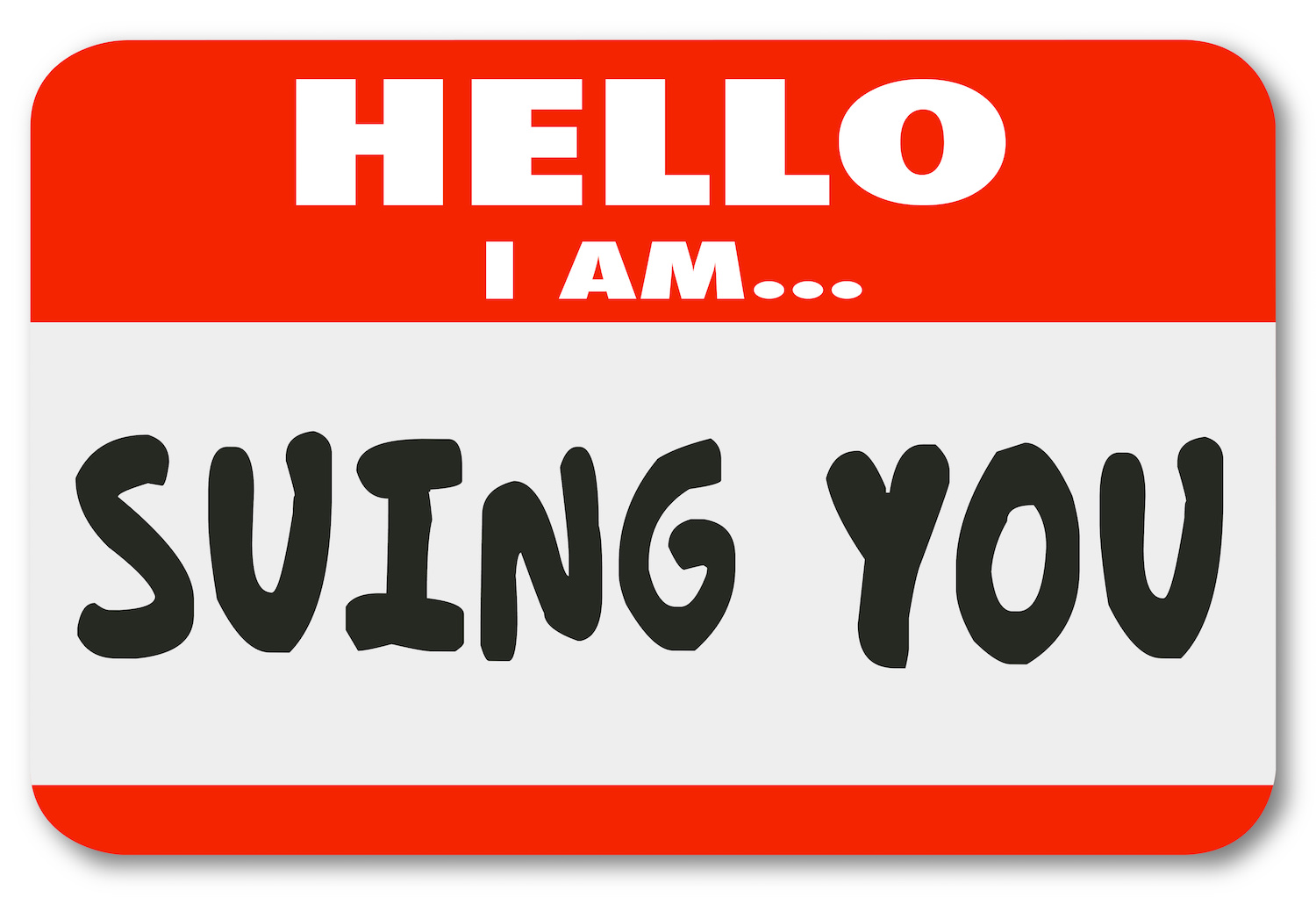In my previous article I gave you some ways in which you can prepare yourself and your business when served with a lawsuit. I mentioned one thing in particular that could mean all the difference in dealing with this scary scenario—finding the right lawyer to help you resolve the conflict, or litigate on your behalf, if it cannot be resolved without going to court.
But how do you choose the best lawyer for your situation? It helps to think ahead to what you want both the experience and the outcome to be, and what you DON’T want them to be. Do you want the whole thing to be over as quickly as possible or are you willing to settle in for the long haul to get your desired results? How willing are you to compromise?
Once you have that image in your head, you can use the following questions to evaluate the lawyers that you are considering hiring.
Is the lawyer a good fit for your business?
This is a nuts and bolts question, and it has to do with whether you think this is someone you can work with day-to-day. In many ways, it boils down to communication. If you are the type of business owner who likes to be kept in the loop, be aware of how much (or how little) communication your potential lawyer provides, and what systems your lawyer has in place for communication.
Or, are you more hands off? In that case, someone who tends to take more independent initiative without keeping you up-to-date might be just fine for you. But one of the biggest complaints people have about lawyers is lack of communication after the lawyer is hired, so be sure to ask about how you will be kept informed.
We find that pre-scheduled strategy calls on a regular basis is the best way to go, and it’s what we do here in our office.
Is the lawyer a good fit for your case?
You may have asked friends or family to recommend a good lawyer to you. But just because a lawyer did well helping your Uncle Jeff with his divorce doesn’t mean they’ll be able to help you defend against your first lawsuit. Look for someone who has won cases or who has helped reach good settlements in the specific type of conflict you are dealing with.
You can and should ask your lawyer for specific experiences with your type of matter. While they may not be able to share case names, they can absolutely share their experiences and stories with matters like yours, and how they were resolved, whether they had to go to court and what kind of outcomes they achieved in specific time frames.
What is their approach to conflict?
There isn’t “one way” to handle conflict, but you may have your own preferences for the way things get done. While you undoubtedly want someone with a backbone to defend your business, different litigation styles can have major impacts. If your goal is to settle out of court, you may want someone with a win/win mindset who is more willing to negotiate. If for one reason or another, this is a case that will have a definite win/lose outcome, you’ll need to take that into consideration as well.
Ask whether the lawyer prefers to go on the offense, escalating conflict, or to seek a resolution right away. Ask them for examples of cases where they sought resolutions more quickly, or ones where they raised the stakes and escalated to reach a particular end. Make sure you consider your context, what you know about the party filing suit against you, and how contentious you expect the process to be.
What can you learn from their references?
References will help you confirm anything you have observed about your possible lawyer, as well as things that they have said about themselves. Be sure to talk to your lawyer’s references about their day-to-day interactions as well as how they observed their behavior when it comes to conflict.
There’s also one interesting lesson that you can take away from your lawyers references that might not be apparent at first. Notice whether the people they connect you with are people who settled out of court or people whose case was won at trial. Not only will that let you know how this lawyer litigates, it will also tell you what kind of case they think yours will be: whether they think it’s one they can settle or one that will go to trial.
Above all, remember what you envisioned your experience and outcome to be. Then, based on the questions above, select your lawyer with that in mind.
We offer a complete spectrum of legal services for business owners and can help you make the wisest choices on how to deal with your business throughout life and in the event of your death. We also offer you a LIFT Your Life And Business Planning Session, which includes a review of all the legal, insurance, financial, and tax systems you need for your business. Schedule online today.





